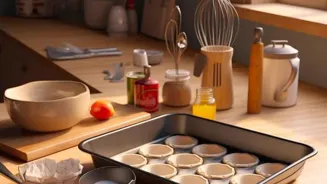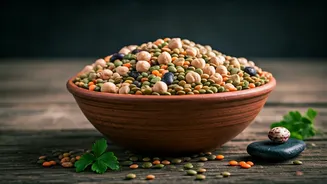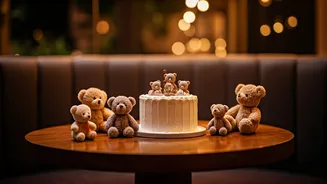Unlock Your Culinary Potential: Avoid These 10 Cooking Mistakes. Elevate your skills and dishes by mastering these tips
Namaste, foodies! Whether you're a kitchen newbie or a seasoned pro churning out delectable
dishes, everyone makes mistakes. Cooking, after all, is a journey of experimentation and learning. But why repeat the same blunders when you can learn to avoid them?
Today, we're shining a spotlight on ten common cooking mistakes that even the best of us are guilty of, along with simple tips to rectify them. Get ready to level up your culinary game!
Overcrowding the Pan: Space is Your Best Friend
Picture this: you're stir-frying veggies, eager to get a quick and healthy meal on the table. You toss all the chopped vegetables into the pan at once, thinking you're saving time. But alas! Instead of beautifully seared and crisped veggies, you end up with a soggy, steamed mess. What went wrong?
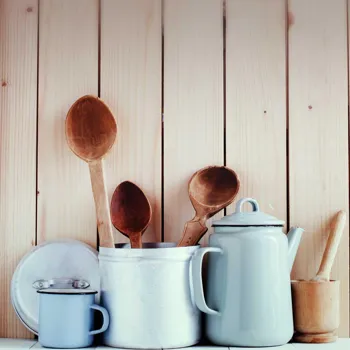
Overcrowding the pan! When the pan is tightly packed, the food steams instead of browning. To avoid this, cook in batches, ensuring each piece has enough space to breathe and get that desirable golden-brown crust. Remember, patience is a virtue... especially in the kitchen!
Neglecting Preheating: Patience Pays Off
So many of us are guilty of this one : Skipping the preheating step! Jumping the gun and throwing items directly into an unheated pan is a recipe for disaster. Whether you're baking cookies or roasting vegetables, starting with the right temperature is essential.
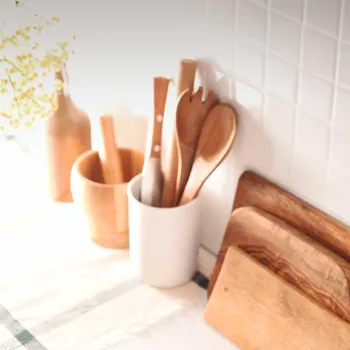
For baking, preheating ensures your goodies rise properly and cook evenly. For roasting, it helps achieve that delicious caramelization. So, before embarking on your culinary adventure, take a moment to preheat your oven or pan. It's a small step that makes a world of difference.
Trust us, your taste buds will thank you.
Salting at the Last Minute: Flavor Infusion 101
Salt - the unsung hero of the kitchen! It's not just about making food taste salty; it's about enhancing the inherent flavors of the dish. But when you add salt matters just as much as how much you add.
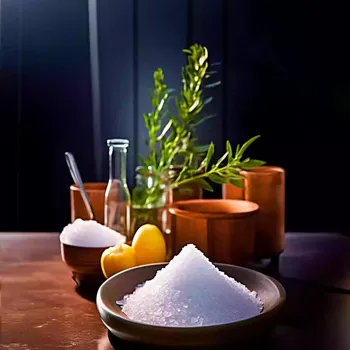
Seasoning only at the end of the cooking process means the salt only sits on the surface, failing to penetrate the food. Instead, season throughout the cooking process, starting from the very beginning.
This allows the salt to work its magic, drawing out the flavors and seasoning the food from the inside out. A little salt early on can elevate your dish to new heights.
Ignoring the Importance of Taste Testing: Be Your Own Food Critic
You've diligently followed the recipe, meticulously chopped all the ingredients, and patiently cooked the dish. But before serving, do you take a moment to taste and adjust the seasoning? If not, you're missing out on a crucial step.
Tasting as you cook allows you to fine-tune the flavors, ensuring the final dish is perfectly balanced. Don't be afraid to add a pinch of salt, a squeeze of lemon, or a dash of spice as needed. After all, you are the master of your culinary domain.
Using Dull Knives: A Recipe for Disaster (and Injuries!)
A dull knife is not only frustrating to use, but it's also more dangerous than a sharp one. You might think that putting more pressure on a dull knife will get the job done, but it actually increases the risk of slipping and cutting yourself.
A sharp knife, on the other hand, glides through ingredients with ease, making chopping and slicing a breeze. Invest in a good knife sharpener or learn how to use a honing steel to keep your knives in tip-top shape. Your fingers (and your dishes) will thank you.
Overmixing Batter: Gluten's Revenge
Who doesn't love a fluffy cake or a tender muffin? But overmixing the batter can be the culprit behind tough, dense baked goods. When you overmix, you develop too much gluten, the protein in flour that gives baked goods their structure.
Too much gluten results in a chewy texture, which is undesirable in most cakes and muffins. To avoid this, mix the wet and dry ingredients just until they are combined. A few lumps are perfectly fine – in fact, they're a sign that you haven't overdone it.
Improper Storage of Spices: Flavor Fading Away
Spices are the heart and soul of Indian cuisine, but they lose their potency over time if not stored properly. Exposure to light, heat, and moisture can degrade the essential oils that give spices their distinctive flavor.
To keep your spices fresh and flavorful, store them in airtight containers in a cool, dark, and dry place. Avoid storing them near the stove or in direct sunlight. And remember, ground spices lose their flavor faster than whole spices, so buy them in smaller quantities.
Using the Wrong Oil: Smoke Points Matter
Not all oils are created equal, especially when it comes to cooking. Each oil has a different smoke point, which is the temperature at which it starts to break down and release harmful fumes.
Using an oil with a low smoke point for high-heat cooking can not only ruin the flavor of your dish but also be detrimental to your health. Choose oils like sunflower, safflower or rice bran for high-heat cooking like frying or roasting.
Not Reading the Recipe: A Blueprint for Success
While spontaneity can be fun in the kitchen, it's generally a good idea to read the recipe thoroughly before you start cooking. This will help you understand the steps involved, identify any unfamiliar ingredients or techniques, and gather all the necessary equipment.
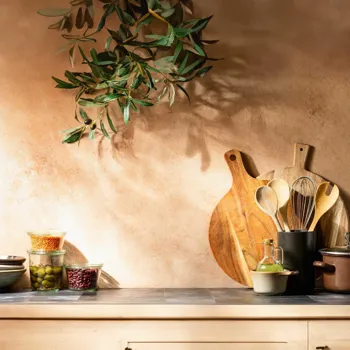
It's like having a blueprint for success, ensuring you don't get halfway through the recipe only to realize you're missing a key ingredient or don't know how to execute a particular step.
Fear of Experimentation: Don't Be Afraid to Get Creative!
Cooking should be fun, not a chore! A big mistake many people make is being afraid to experiment and try new things. Don't be afraid to tweak recipes, substitute ingredients, or add your own personal touch. Some of the best culinary creations come from unexpected experiments.
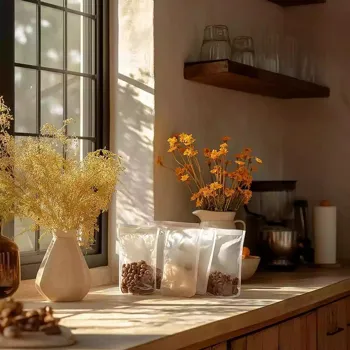
So, step out of your comfort zone, embrace the unknown, and let your creativity flow. Who knows, you might just discover your next signature dish! Take these lessons and make them part of your kitchen routine. Happy cooking!
Mistakes are just stepping stones to becoming a culinary expert.
With a little knowledge and practice, you can easily avoid these common cooking blunders and elevate your dishes to new heights. Remember, patience, preparation, and a willingness to learn are the keys to success in the kitchen. Now go forth and create some delicious magic!
Happy Cooking!
